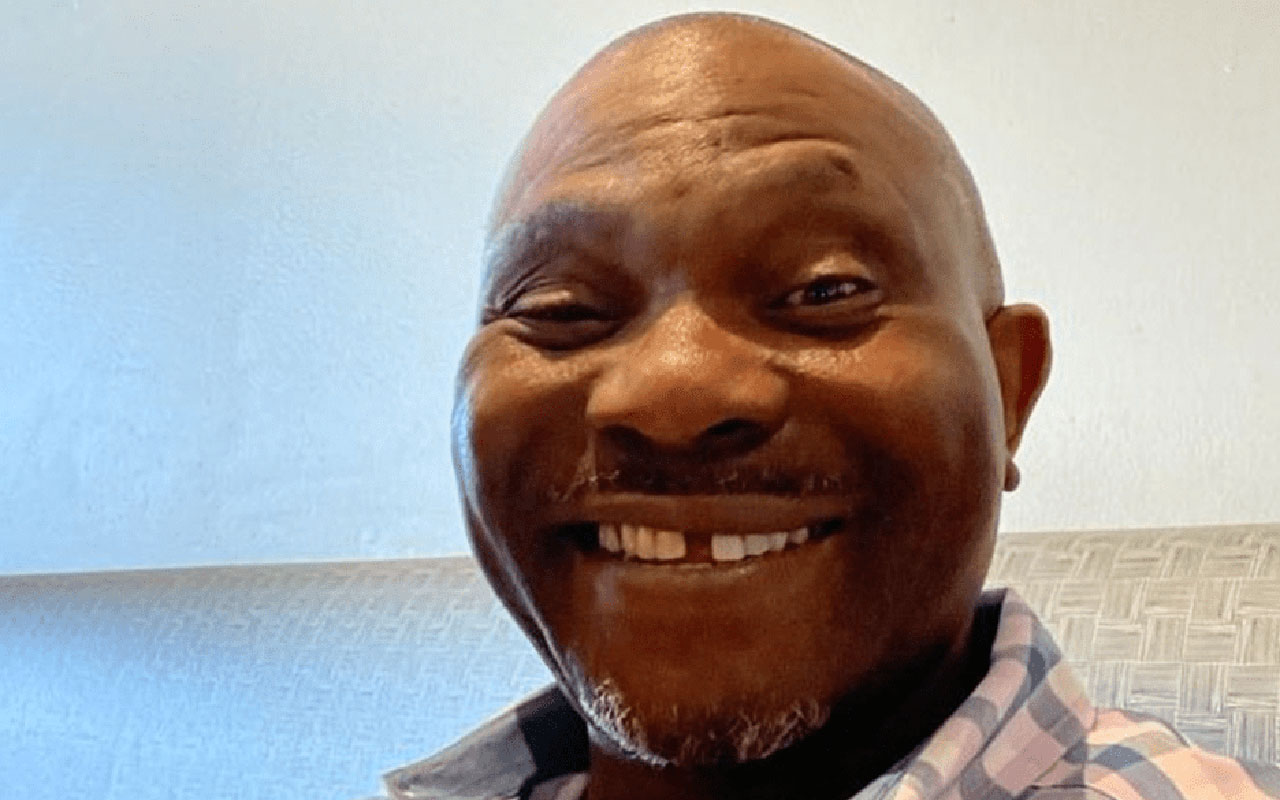In a digital landscape that is evolving faster than many marketers can keep up with, Marketing Director of Marketing Edge Publication, Anietie Udoh has urged entrepreneurs, vloggers, and content creators not to be heavily dependent on Search Engine Optimisation (SEO).
Speaking with the authority of someone who has lived through several marketing evolutions, Udoh dismantles the illusion that ranking on Google is the holy grail of digital growth.
Udoh stressed that content marketing is changing, adding that, “if you’re still depending only on Google rankings and keywords to grow your business, it may no longer work like it used to. And I don’t say this to sound dramatic; I say it because the game has changed.”
Not too long ago, dominating page one of Google search results was every brand’s ultimate objective. Keyword research was the backbone of digital strategy. You could crank out blog posts, include the right number of keywords, and watch your traffic spike.
That era built entire SEO agencies, content mills, and strategies that revolved around nothing more than clicks and metadata.
But today, according to Udoh, that approach is dangerously outdated.
He said: “People now get answers without even clicking your website. AI tools like ChatGPT, Google’s AI Overviews, and others are giving people direct answers. Your audience is finding what they need without ever visiting your site. And that changes everything.”
Udoh draws attention to a significant cultural shift. “People no longer begin and end their search journey on Google. In Nigeria, and much of the world, search behaviour has evolved. A consumer looking for a service, say, a POS system or a loan app, is more likely to check WhatsApp groups, ask friends directly, scroll through Instagram Reels, or watch a quick explainer on TikTok.
“We need to realise that content isn’t just about being found. It’s about being useful. It’s about being believed. You can rank on page one and still lose the customer, because they trust a TikTok creator more than a blog they’ve never heard of.”
This behavioural trend is especially true in Africa, where peer recommendation holds weight. Trust is built through familiarity and human connection, not just SERPs.
At the heart of Udoh’s argument is the idea that brands must move beyond “answering search queries” to actively creating demand.
“Creating demand means your content makes people want your product, even before they go looking for it,” Udoh explains.
“You show them a pain point they didn’t even know they had, then offer a real solution. That’s powerful.”
He argues that high-impact content introduces a new awareness, it opens people’s eyes to their own unspoken problems and then positions your brand as the answer.
This kind of content doesn’t need to chase keywords. It just needs to resonate with human beings.
Too often, brands are caught in the loop of looking for external tools to mine keywords, while ignoring the insights already available within their own business.
“Your sales team is talking to your customers every day. So is your customer care desk. They know the real questions, the real objections, the real confusion,” Udoh says. “Start there.”
To him, if customers constantly visit your “loan options” page but aren’t converting, the problem may be clarity, not traffic. A better approach might be to create content titled: “How to Know if This Loan Is Right for You”, clear, helpful, and aimed at guiding real decisions.
For Udoh, content must do more than inform, it must support conversions. In today’s competitive market, especially in Nigeria where financial caution is high and trust is low, content should be a strategic sales asset.
“What if your sales rep could send a short video that explains your service in simple terms? Or a one-pager that honestly compares your solution with the market leader? These things help people say yes.”
He stressed that content is not limited to blog posts. It includes videos, voice notes, comparison charts, testimonials, infographics, and even memes, whatever works to help your audience feel confident enough to take action. Perhaps the most urgent part of Udoh’s message is about differentiation.
“Too many brands are afraid to sound different,” he says. “But if your content sounds like every other brand out there, why should anyone choose you?”
Instead of repeating tired formats like “Top 5 Marketing Tools in Nigeria,” Udoh challenges businesses to dig deeper and offer real value.
“Try something like: ‘Why Your Marketing Isn’t Working, And How to Fix It Without Spending More’.That title alone suggests a deeper insight. It makes you click. It respects the reader’s intelligence.”
He also emphasised the power of storytelling. Real stories from customers or team members, delivered in the brand’s true voice, cut through the noise far better than generic advice or overly polished corporate speak.
Publishing great content on your blog is no longer enough. Distribution is half the battle. And it’s not just about ‘where’ you post, but ‘how’ you tailor your content to fit each channel.
Udoh recommends choosing 2–3 strategic platforms, such as: LinkedIn for B2B engagement and thought leadership, Instagram/TikTok for casual education and brand awareness, WhatsApp for direct access to community circles and word-of-mouth reach, Email newsletters for nurturing warm leads and YouTube for more in-depth product explainers or how-to guides
“Don’t spread yourself thin. Just pick the channels where your audience already lives—and show up with intention,” he advises.
As this conversation draws to a close, Udoh offers a sobering summary for content creators everywhere:
“Google is still useful, but it’s no longer the only way people find answers. If your brand still sees SEO as the centerpiece of your strategy, you’re leaving too much on the table.”
The world has changed. Content must evolve to meet today’s attention habits. People want real talk, practical help, and authenticity. They want to connect with brands that solve real problems and speak like humans.
“Let’s stop pretending the old rules still apply,” Udoh says. “Let’s create content that’s brave, useful, and unforgettable. That’s how you build a brand that doesn’t just show up on search results, but shows up in people’s lives.”






